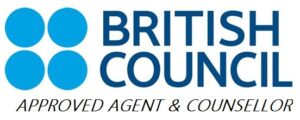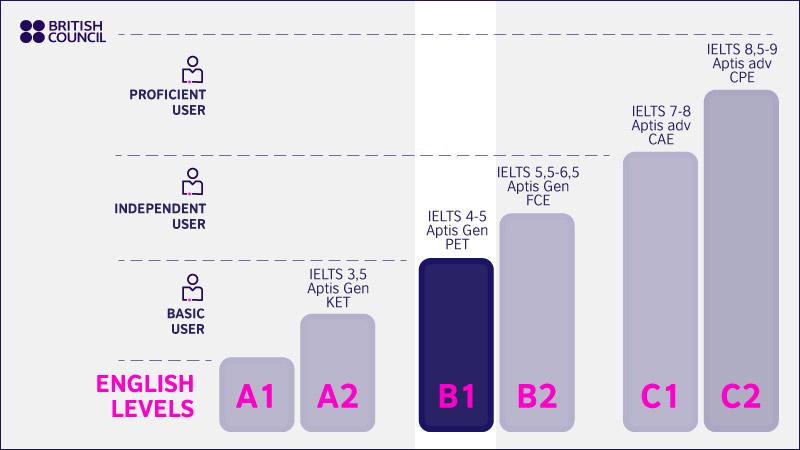The ICM Certificate in Accounting & Finance is awarded on completion of all Part 1 subjects.
The Foundations of Economics
The economic problem: scarcity choice and opportunity cost
Production possibility and utility
Microeconomics and macroeconomics
Alternative economic systems
Growth and sustainable development
Microeconomics: The Theory of Price Determination
Demand
Supply
Market equilibrium, the price mechanism and market efficiency
Concept of elasticity
Indirect taxes, subsidies and price controls
Microeconomics: Costs and Revenues
Short and long run costs
The scale of production and economies of scale
Average, marginal and total revenues
Profit theory
Perfect competition: the short and long run
Productive and allocative efficiency
Microeconomics: Imperfect Markets
Monopoly, sources and profit maximisation
Comparison of perfect competition and monopoly
Advantages and disadvantages of monopoly
Monopolistic competition
Oligopoly, sources, collusive activity and non-price competition
Price discrimination
Microeconomics: Market Failure
Public goods and merit goods
Externalities
Sustainability and government response
Imperfect information and imperfect competition
Macroeconomics: The Level of Economic Activity
The circular flow of income, leakages and injections
The measurement of national income
Limitations of national income data
The business cycle
Aggregate demand and its components
Government policies affecting aggregate demand (fiscal and monetary)
Aggregate supply in the short and long run
Supply side policies
Macroeconomics: Equilibrium, Employment and Inflation
Short and long run equilibrium
The multiplier effect
The measurement and costs of unemployment
Causes of unemployment
Solutions to unemployment
Measurement and costs of inflation and deflation
Demand pull and cost push inflation
Reducing inflation
The inflation-unemployment trade off
Macroeconomics: Growth and Equity
Definition of economic growth
Consequences of growth
The distribution of national income
Taxation and income distribution
International Economics: Trade
Why countries trade
The principle of free trade. Absolute and comparative advantage
The world trade organisation
The arguments for and against protection
Types of protection
Economic integration and trade blocs
The terms of trade
International Economics International Monetary Issues
Exchange rate determination
Fixed, floating and managed exchange rate systems
The balance of payments, current, capital and financial account
Balance of payments and the exchange rate
Correcting a current account deficit
Development Economics
Sources of growth and economic development
Characteristics and diversity of developing countries
Measuring development
Domestic factors affecting development
International trade and development
The role of foreign direct investment
Aid, debt and development
Market aid and interventionist strategies
Maintaining and Developing Your Economic Skills
An analytical framework
Planning reading
Reading the industry literature
The economic problem: scarcity choice and opportunity cost
Production possibility and utility
Microeconomics and macroeconomics
Alternative economic systems
Growth and sustainable development
Microeconomics: The Theory of Price Determination
Demand
Supply
Market equilibrium, the price mechanism and market efficiency
Concept of elasticity
Indirect taxes, subsidies and price controls
Microeconomics: Costs and Revenues
Short and long run costs
The scale of production and economies of scale
Average, marginal and total revenues
Profit theory
Perfect competition: the short and long run
Productive and allocative efficiency
Microeconomics: Imperfect Markets
Monopoly, sources and profit maximisation
Comparison of perfect competition and monopoly
Advantages and disadvantages of monopoly
Monopolistic competition
Oligopoly, sources, collusive activity and non-price competition
Price discrimination
Microeconomics: Market Failure
Public goods and merit goods
Externalities
Sustainability and government response
Imperfect information and imperfect competition
Macroeconomics: The Level of Economic Activity
The circular flow of income, leakages and injections
The measurement of national income
Limitations of national income data
The business cycle
Aggregate demand and its components
Government policies affecting aggregate demand (fiscal and monetary)
Aggregate supply in the short and long run
Supply side policies
Macroeconomics: Equilibrium, Employment and Inflation
Short and long run equilibrium
The multiplier effect
The measurement and costs of unemployment
Causes of unemployment
Solutions to unemployment
Measurement and costs of inflation and deflation
Demand pull and cost push inflation
Reducing inflation
The inflation-unemployment trade off
Macroeconomics: Growth and Equity
Definition of economic growth
Consequences of growth
The distribution of national income
Taxation and income distribution
International Economics: Trade
Why countries trade
The principle of free trade. Absolute and comparative advantage
The world trade organisation
The arguments for and against protection
Types of protection
Economic integration and trade blocs
The terms of trade
International Economics International Monetary Issues
Exchange rate determination
Fixed, floating and managed exchange rate systems
The balance of payments, current, capital and financial account
Balance of payments and the exchange rate
Correcting a current account deficit
Development Economics
Sources of growth and economic development
Characteristics and diversity of developing countries
Measuring development
Domestic factors affecting development
International trade and development
The role of foreign direct investment
Aid, debt and development
Market aid and interventionist strategies
Maintaining and Developing Your Economic Skills
An analytical framework
Planning reading
Reading the industry literature
Join all the International Students Enjoying Pinnacle Education Services now
Become Part of Amofahba Pinnacle Family to Further Your Career.


